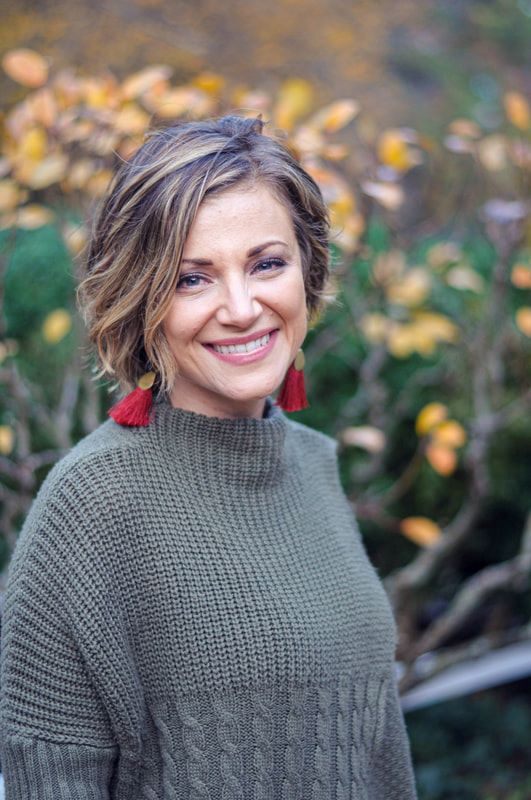
I didn’t know him before; we met more than eleven years ago over pizza on a Friday night in New England after I'd been dating his son for only a month. And I liked him immediately. He is easy and warm. He has demonstrated, over and over again, that he not only loves and supports his son or our family, but that he loves and supports me. When Daniel used to travel all the time, he would call the house in the middle of the week. “I’m sorry, he’s not here,” I would tell him.
“I know. I called to see how you’re doing,” he would reply.
So on his big birthday, in that twinkly room, I watched him reconnect with old friends, new friends, and people he has given a hand up to along the way. And when one of his sons announced that he was going to play a song he had written with his father in mind, I listened.
“My dad is my biggest mentor,” he said, “he let us make mistakes. He listened. He let us become who we were going to be.”
I felt my eyes well up. Because that was exactly it.
My father-in-law has a trait I don’t have, or at least one that doesn’t come naturally. He has restraint. The word is so unfamiliar to me I actually had to look it up before I wrote this to ensure I was using it properly. Restraint: (2) unemotional, dispassionate, or moderate behavior; self control. And sure, I recognize the irony that I am sharing an impassioned post I’ve written on the virtue of restraint, but stick with me.
Lately I find myself in a handful of situations I can’t understand. They are not my situations. Either they involve politics and the larger community or the actions of friends and loved ones. And in both I struggle to practice restraint.
Walking away from a situation in which I had actually succeeded to love and support instead of spout off at the mouth, I mentioned to Daniel, “I’ve been thinking a lot about your dad,” I said. “About how he shows the most restraint of anyone I know. That doesn’t come easily to me; I just say whatever I’m thinking.”
Daniel laughed, “He has actually said that about you.” And I thought, well, at least we both know me well. I wasn’t offended. It’s true. And I might argue that there is merit there too. If you’re a friend of mine, it’s unlikely you’ll ever wonder where you stand with me. There won’t be secrets. I will be honest with you; it just might sometimes get uncomfortable.

My father- in-law’s sphere of influence is broad, encompassing a diverse group of people with colorful pasts. But he doesn’t speak out against much. He is an excellent listener, and he’s hard to ruffle. He doesn’t often confront. So, when he does, he commands your attention. Due to his typical restraint, if he chooses to cause conflict, you know it must be really important. You can’t help but listen and take his words to heart.
Conversely, with me, I’m always getting passionate about something and letting everyone around me know. It’s part of who I am. I wouldn’t say I’m part of the outrage machine that seems to dominate our political, religious and cultural landscape right now, but I definitely fall victim to it sometimes. I’m not proud to say that my friends and loved ones have all been on the receiving end of my unsolicited opinions. Not just once. Often. And I happen to believe a lot of the time I probably had a lot of good points, but that’s not the point. Good advice delivered at the wrong time is useless. What’s the point of delivering a hard truth if the recipient isn’t ready to hear it? What good is unwanted political persuasion to a person who has already made up her mind? There is no joy in "I told you so."
There are a few situations in my circle right now in which I have said my piece and now I know it’s time to hold my tongue. Because, it turns out, saying how you feel is one thing, but showing up and loving and supporting others despite how you feel is quite another. And I don’t think I need to tell you which is harder.
In this contempt-filled, fear-driven, complicated season, I wonder what it would look like if more of us showed restraint. What if we funneled our passion into understanding each other and building relationships with others—especially when we disagree. What if we asked more questions with a genuine curiosity about the answers? I wonder what might be possible if we held off on our tirades, backed down off our soapboxes and chose to do the hard work of building community with people who don’t share all of our beliefs. Then when the time came— like it seems it might be now— to take a stand against something, people would know it was serious. People would know it was time to listen.
 RSS Feed
RSS Feed


